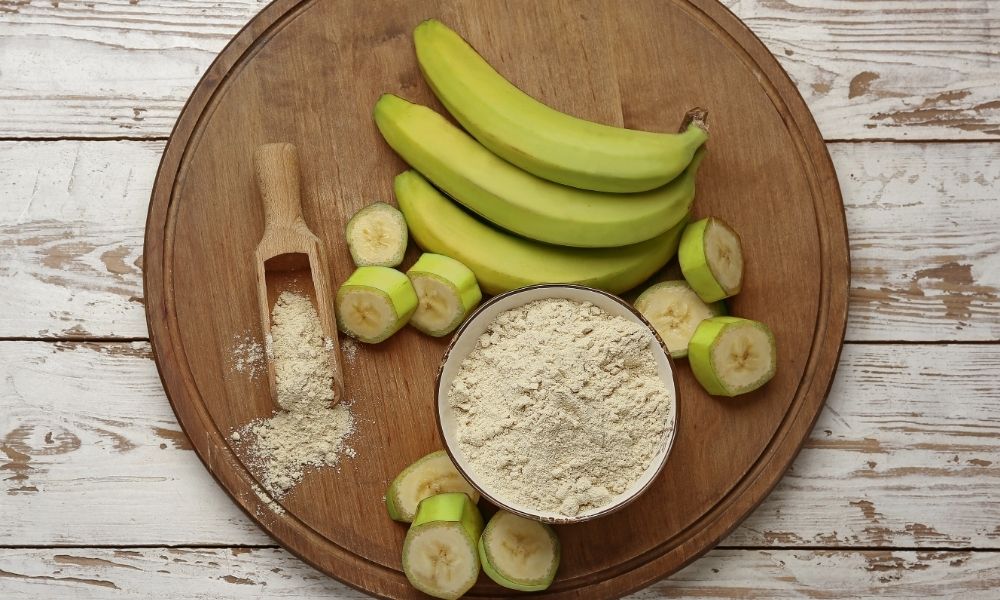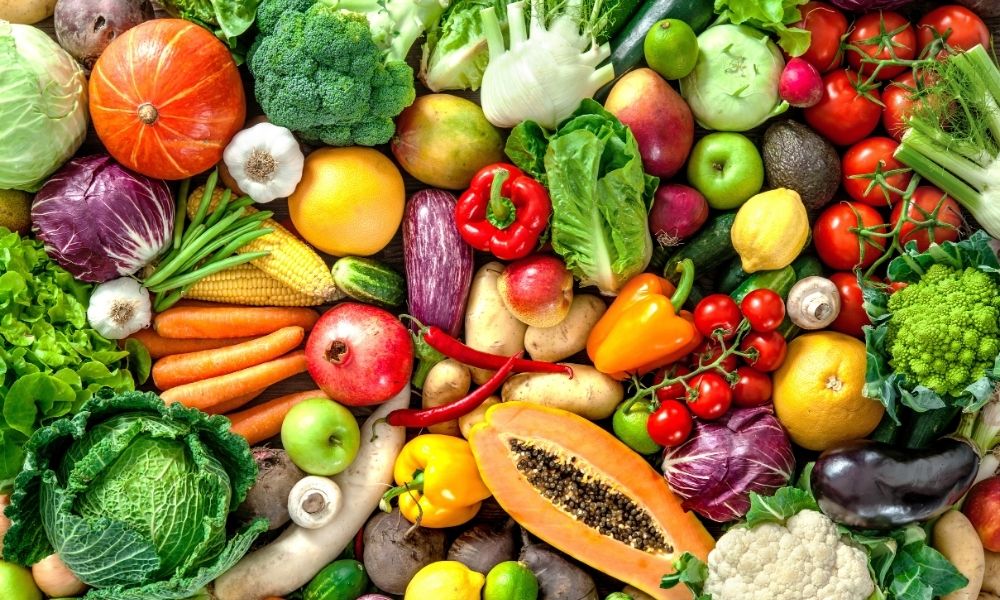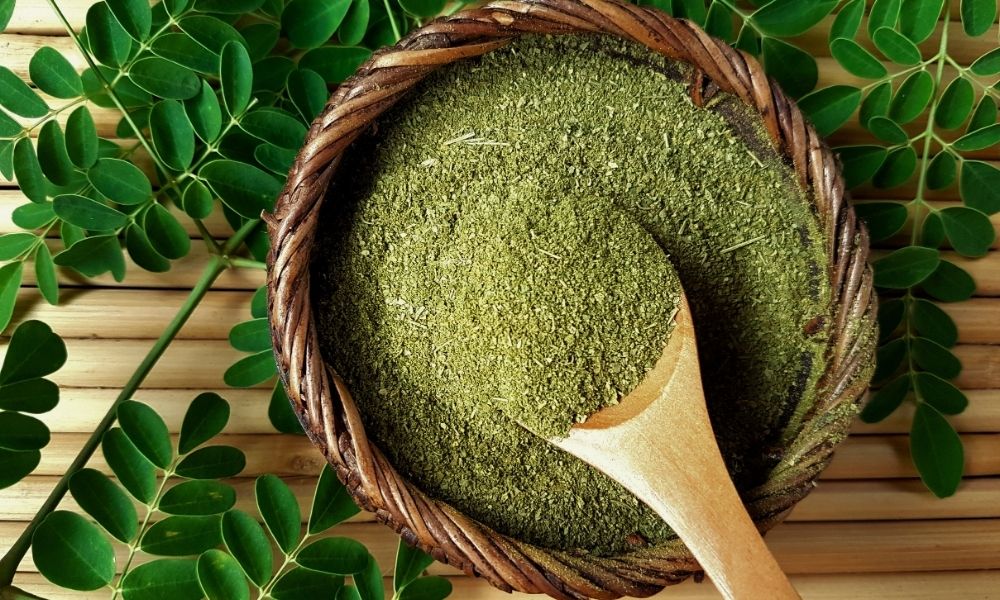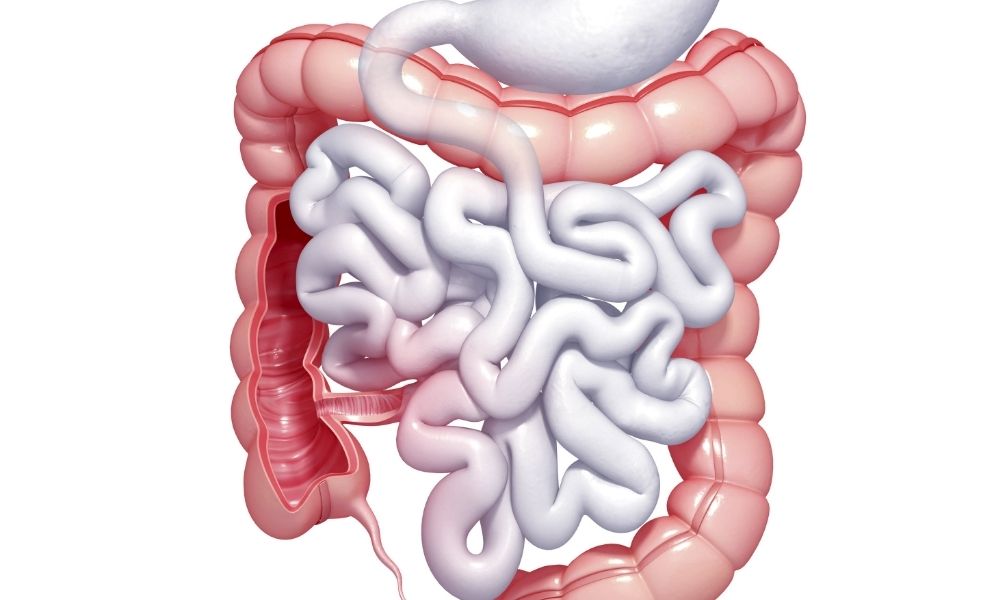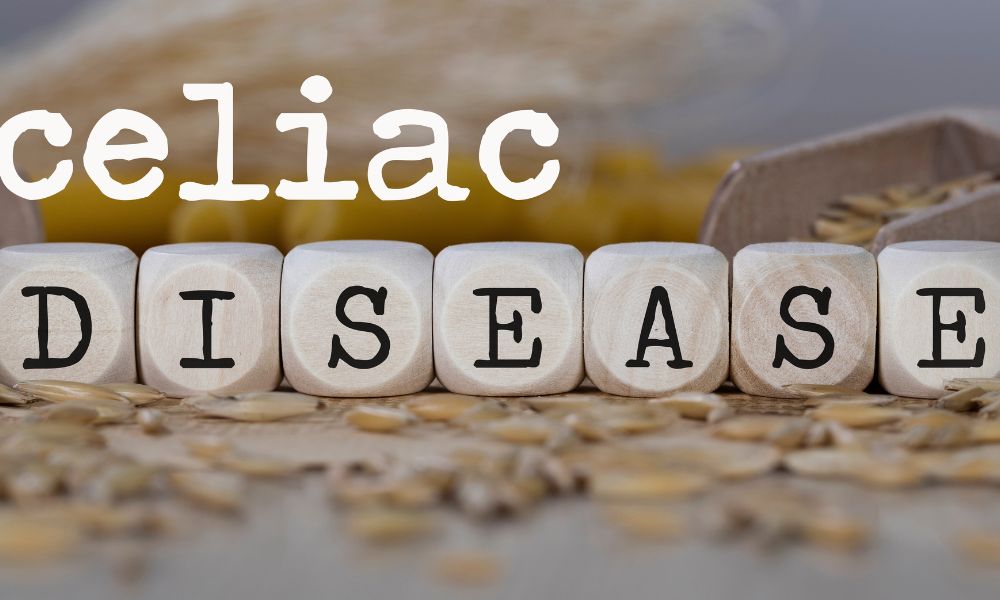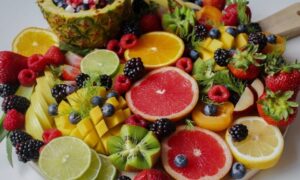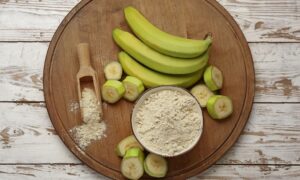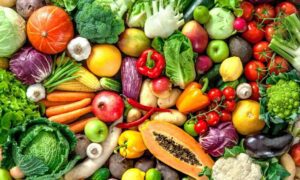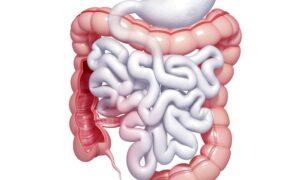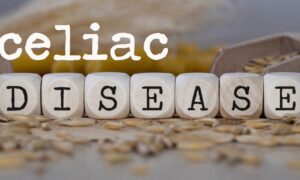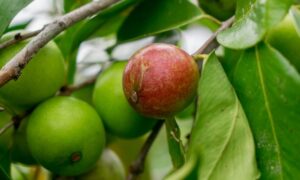Functional foods is a term currently used to describe products that exhibit caloric survival characteristics and also improve organic functions or reduce the risk of diseases. Most often, the functional properties of an ingredient are related to the presence of bioactive compounds such as vitamins, terpenes, polyphenols like flavonoids, or dietary fibers that, once consumed, can perform antioxidant and/or anti-inflammatory activities or promote health improvement.
Prebiotic ingredients typically refer to dietary fibers found in foods that can be considered functional ingredients due to their health benefits. These compounds cannot be digested by the human body but can be fermented by intestinal microbiota. Prebiotic compounds promote the growth of beneficial bacteria in the gut, and through this process, intestinal microbiota produces many metabolites that are essential for human health. These metabolites can aid in intestinal integrity, the development and modulation of the immune system, sleep regulation, and a wide range of other organic functions. Some polyphenols found in fruits and vegetables, for example, can also help shape intestinal microbiota and modulate the production of beneficial metabolites in a similar way to prebiotics.
Fruits, grains, and vegetables in combination with plant-based products can represent an important source of bioactive compounds such as fibers and polyphenols, which contribute to health integrity, and their consumption is recommended. Additionally, the consumption of prebiotic and prebiotic-like products is often associated with a reduced risk of non-communicable diseases, in addition to offering gastrointestinal benefits and helping to maintain intestinal microbiota integrity.
In our R&D program, Verum Ingredients investigates and develops plant-based prebiotic compounds that can be used to support health maintenance.

